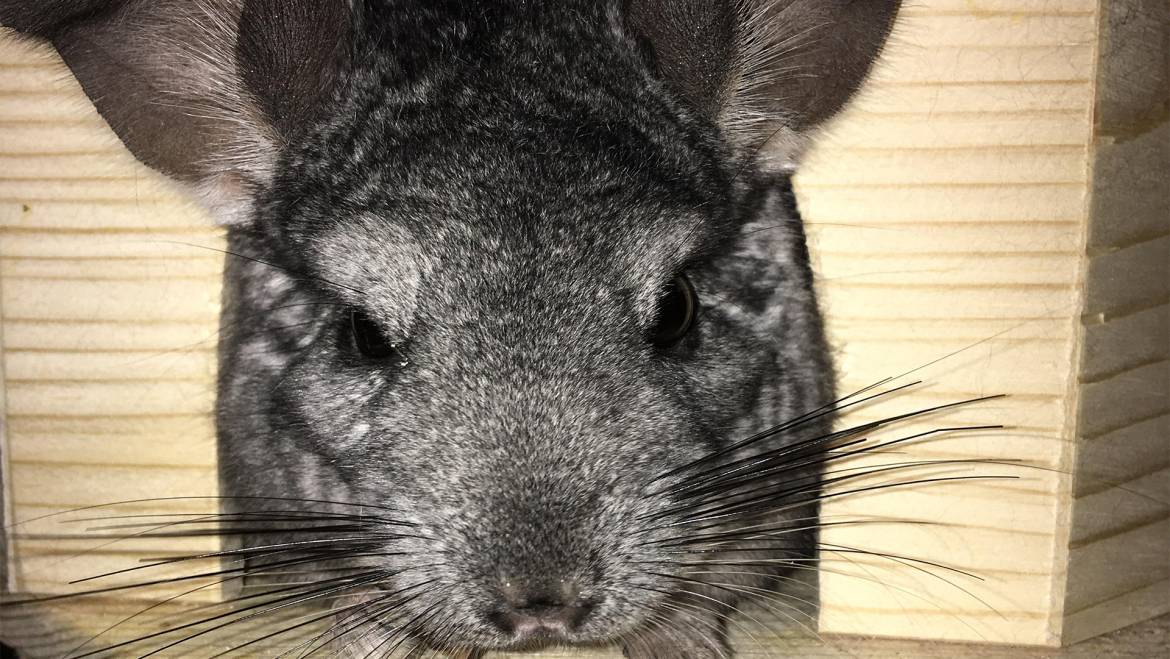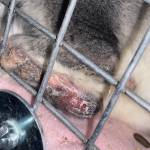Chinchillas are popular as pets due to their cute and cuddly appearance, playful behavior, and low maintenance requirements. However, they are also known to exhibit aggression, which can be a significant concern for their owners. Aggression can lead to injuries and stress, both for the chinchilla and its owner. Therefore, it is crucial to understand the causes, symptoms, and treatment options for aggression in chinchillas to ensure a happy and healthy life for your furry friend.
Causes of Aggression in Chinchillas
There are various reasons why a chinchilla may exhibit aggressive behavior, including:
- Territorial Behavior: Chinchillas are territorial animals that can become aggressive towards other animals or humans who invade their space. This behavior is more common among male chinchillas, who tend to be more territorial than females.
- Fear and Anxiety: Chinchillas are prey animals, and they may feel threatened by loud noises, sudden movements, or unfamiliar objects or people. This fear can manifest as aggression, such as biting or scratching, as a means of self-defense.
- Hormonal Changes: Like many animals, chinchillas undergo hormonal changes during puberty or breeding season that can cause aggression towards other chinchillas or humans.
- Illness or Pain: Chinchillas may become aggressive if they are experiencing pain or discomfort due to an underlying medical condition, such as dental issues or skin irritation.
Symptoms of an Aggressive Chinchilla
It is essential to recognize the signs of aggression in chinchillas to address the issue promptly. Some common symptoms of aggressive behavior in chinchillas include:
- Biting or Scratching: Chinchillas may bite or scratch when they feel threatened, scared, or annoyed. This behavior can cause injuries to humans and other chinchillas.
- Chasing or Cornering: Chinchillas may chase or corner other animals or humans to establish dominance or protect their territory.
- Spraying Urine: Chinchillas may spray urine as a form of territorial marking or to show dominance over other animals or humans.
- Vocalizations: Chinchillas may make loud or aggressive vocalizations, such as growling, hissing, or barking, to communicate their territorial or defensive behavior.
Cures and Treatment Options
Addressing aggression in chinchillas can be challenging, but there are several practical steps you can take to manage the behavior effectively. Here are some treatment options for aggression in chinchillas:
- Training and Socialization: Socializing your chinchilla from a young age can help prevent aggressive behavior towards humans and other animals. You can also train your chinchilla to respond to commands and reward positive behavior with treats or praise.
- Create a Safe Environment: Providing your chinchilla with a safe and secure living space can help reduce territorial behavior and anxiety. Ensure that their enclosure is large enough, with hiding spots and toys to keep them entertained.
- Identify and Remove Triggers: If you notice that certain stimuli, such as loud noises or unfamiliar people, trigger your chinchilla’s aggressive behavior, try to avoid or minimize exposure to these triggers.
- Address Underlying Medical Issues: If your chinchilla’s aggression is due to an underlying medical condition, such as dental issues or skin irritation, consult with your veterinarian to address the issue promptly.
- Consider Spaying or Neutering: Spaying or neutering your chinchilla can help reduce aggressive behavior related to hormonal changes.
Aggression in chinchillas can be a significant concern for pet owners, but it is essential to understand the causes, symptoms, and treatment options to ensure a happy and healthy life for your furry friend. If you notice signs of aggression in your chinchilla, it is crucial to identify and address the underlying causes promptly. With patience, training, and a safe living environment, you can effectively manage your chinchilla’s aggressive behavior and enjoy a happy and fulfilling relationship with your pet.







